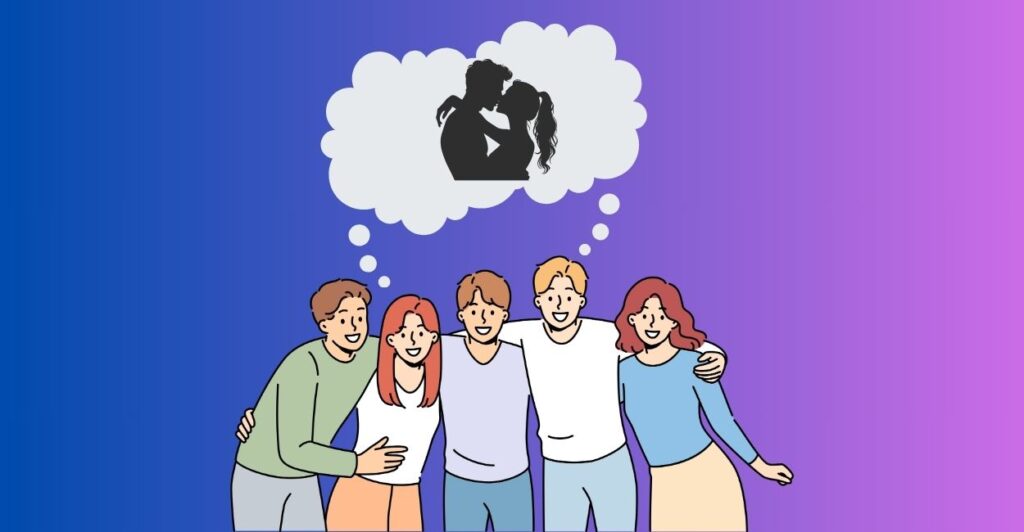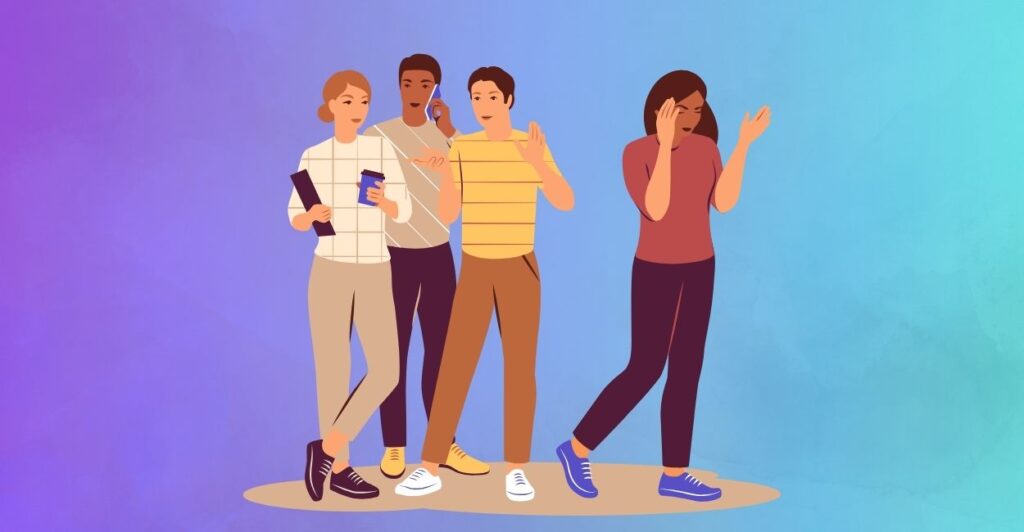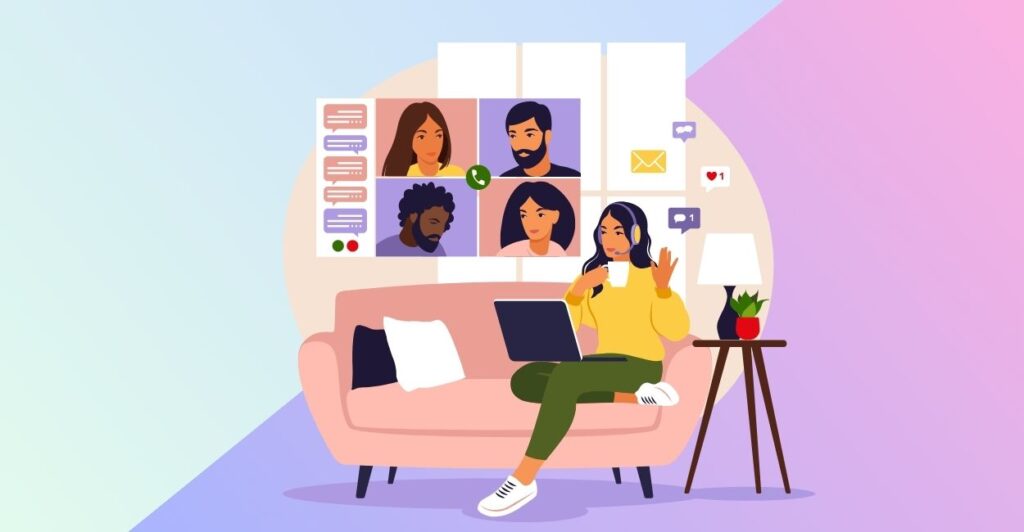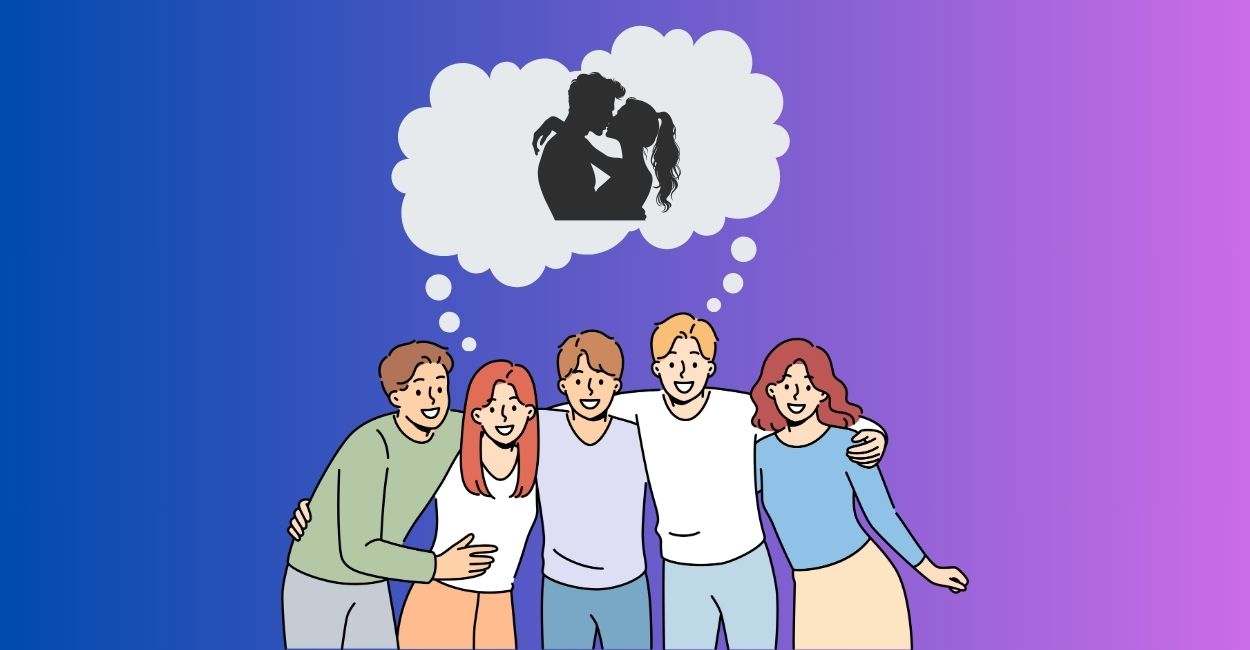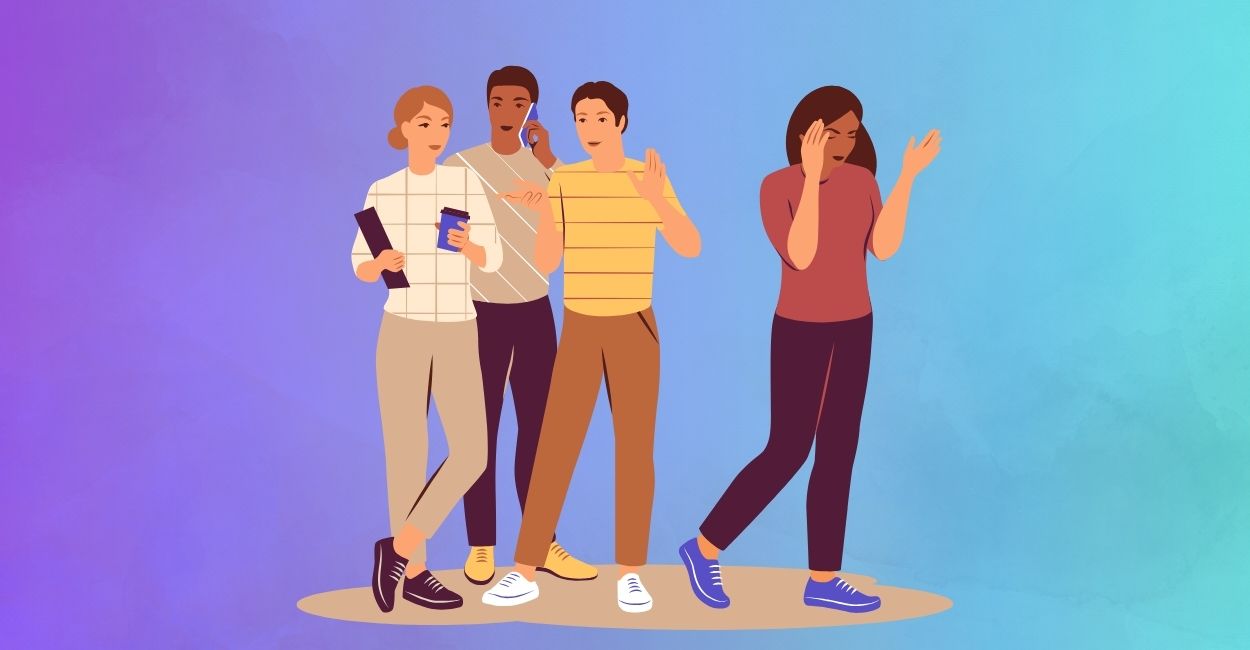Empathy in Friendships: The Power of Understanding

We have all types of friends but are all these friends understanding? Some are highly toxic, while others might be loving but not much because there might not be empathy in friendships.
Truly, at the heart of friendship is empathy because it is the ability to understand and share another person’s feelings. It is the foundation of a strong and healthy friendship. In this article, we will explore all about empathy in friendship.
What is empathy in friendship?
Empathy can be challenging. It requires you to put yourself in another person’s shoes and see the world from their perspective.
Furthermore, it can be challenging, especially when we don’t agree with their point of view or their feelings are different from ours. However, empathy is essential for building strong and meaningful relationships with friends.
Why is empathy important in friendship?
Now we know what empathy is, but it is imperative to know the benefits of empathy.
1. Improved communication
When we practice empathy, we can better communicate with our friends. We can listen to them more effectively and respond in a way that is supportive and understanding. This can lead to stronger and more meaningful conversations.
2. Increased trust
Empathy helps immensely to build trust between friends. When we feel understood and validated, people are more likely to trust the individuals around us. Due to this, one can create a sense of safety and security within the friendship.
3. Deeper connection
By practicing empathy, we are able to create a deeper connection with our friends. We can understand them on a deeper level and build a sense of closeness and intimacy. The reason is that we can relate to their pain and thus give them the proper support they need.
4. Better conflict resolution
Conflicts are inevitably part and parcel of any friendship. During such testing times, empathy can be a powerful tool for resolution. With empathy in friendship, it becomes easy to understand a friend’s perspective. Not just this, but it becomes easy to find common ground and work together to find a solution that works for everyone.
In short, empathy is a critical component of strong and healthy friendships. By practicing empathy, we can improve communication, increase trust, create deeper connections, and resolve conflicts more effectively.
How to practice empathy in friendship?
Now’s the time to dive deeper and see how to practice empathy in friendship. Here are a few tips for you to make it easy.
1. Be a very good listener
Active listening is a critical component of empathy. A person in pain other than a shoulder to cry on needs an ear to listen to their woes.
Plan of action: When our friends are talking to us, we must give them our full attention. We should be present at the moment and really hear what they are saying. This means putting away distractions like our phones and focusing on the conversation at hand. You can use the phone unless there is an emergency.
2. Ask open-ended questions
Open-ended questions can encourage friends to share their thoughts and feelings. For example, instead of asking, “Are you feeling okay?” we must ask, “How are you feeling today?” Let them elaborate on their joy and sorrow. They will feel relaxed after sharing their thought elaborately.
Plan of action: Don’t throw questions that will urge them to answer only in “YES” or “NO.” Let them be elaborative because that will help to pour their heart out and you will understand things better.
3. Validate their feelings
When our friends share their emotions with us, it is important to let them know that we hear them and that their feelings are valid. This can help them feel seen and understood. Acknowledge their pain by comforting them with hugs or words like “I am right here!”
Plan of action: If a friend is upset about something, it is wise to say and comfort, “I understand why you’re feeling upset. That sounds really hard. But don’t worry, I am here for you, and let’s tackle this together.”
4. Avoid judgment
It is easy for anyone to judge a person for their actions or opinions. However, empathy requires us to withhold judgment and try to understand where they are coming from. You can’t pass comments on to them because it’s your duty to offer them kindness.
Plan of action: Empathy also involves providing support to our friends. Even if we don’t agree with their opinion or actions, we can still strive to understand why they feel the way they do. However, avoid using harsh words in the name of “truth.”
You are the last person; they want to hear some unkind words. Keep yourself in their shoes, and that’s what empathy is all about. What if the situation had dawned on you, and you were judged? You’ll feel bad, right?
5. Practice self-reflection
Empathy requires us to be self-aware and reflective. For this, we need to examine our own biases and insecurities. It is imperative for us to overcome them. Once we are free from our own biases, it will become easier to tackle others’ problems.
Plan of action: Only go for it if you are ready to support them. PERIOD!
Challenges to Empathy
Of course, empathy is not always easy. Several challenges can make it difficult to practice empathy in our friendships:
1. Our set of biases
We all have our own biases and perspectives that can get in the way of empathy. For example, we may find it hard to empathize with someone with very different political views.
Thus, hurting their emotions, and they will surely not conform with you further. So, to empathize with friends, leave your views aside.
2. The excessive, overwhelming feeling
It can be difficult to practice empathy when feeling overwhelmed or stressed. It can be hard to fully focus on someone else’s issues when dealing with our problems.
So, if you are engrossed in your problems, don’t even think of empathizing with others. Get hold of your issues and then others.
3. Emotional and physical distance
Sometimes, we may struggle to empathize with our friends if we feel emotionally distant from them. This can happen when we last saw or talked to them a while ago or feel like we don’t have much in common anymore. Even a long-distance friendship can make this whole process challenging!
4. Sense of insecurity
Insecurity can also get in the way of empathy. For example, if we feel threatened by our friend’s success, we may find it hard to empathize with their achievements. Besides, if there is jealousy, then just forget the whole point of infusing empathy in friendships.
Over to you…
Empathy is beautiful, but everything has its own set of pros and cons. While there are challenges to practicing empathy, with awareness and effort, we can overcome them and cultivate more meaningful relationships with our friends. In the end, there is one universal truth – empathy is a powerful tool for building strong and healthy friendships.


